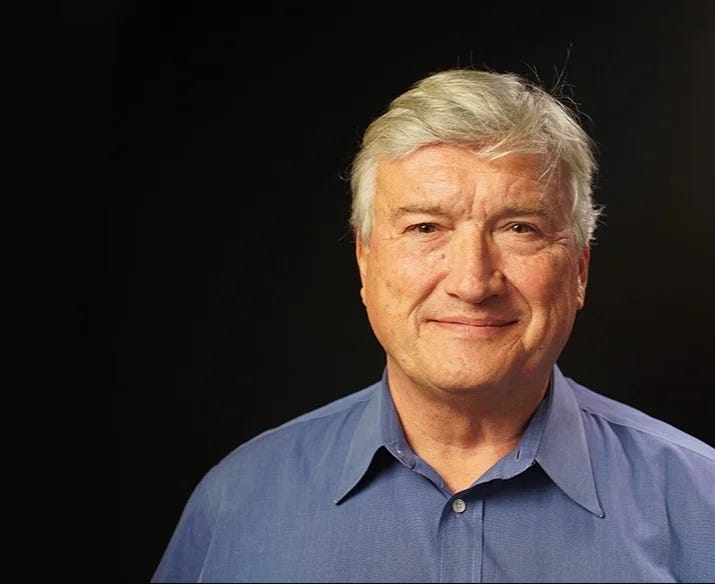The Neuroscience of Manifestation (James Doty, M.D.)
Listen now (50 mins) | "What saved me was walking into this magic shop one time and meeting this woman, Ruth, who was there, who was this radiant individual, and after we spoke for a period..."
You can also listen to this episode on Spotify, or wherever you get your podcasts.
Dr. Jim Doty is a neurosurgeon, neuroscientist, and the director of Stanford Center for Compassion and Altruism Research and Education. Jim is also a bestselling author—his first book, Into the Magic Shop: A Neurosurgeon’s Quest to Discover the Mysteries of the Brain and t…
Keep reading with a 7-day free trial
Subscribe to Pulling the Thread with Elise Loehnen to keep reading this post and get 7 days of free access to the full post archives.





